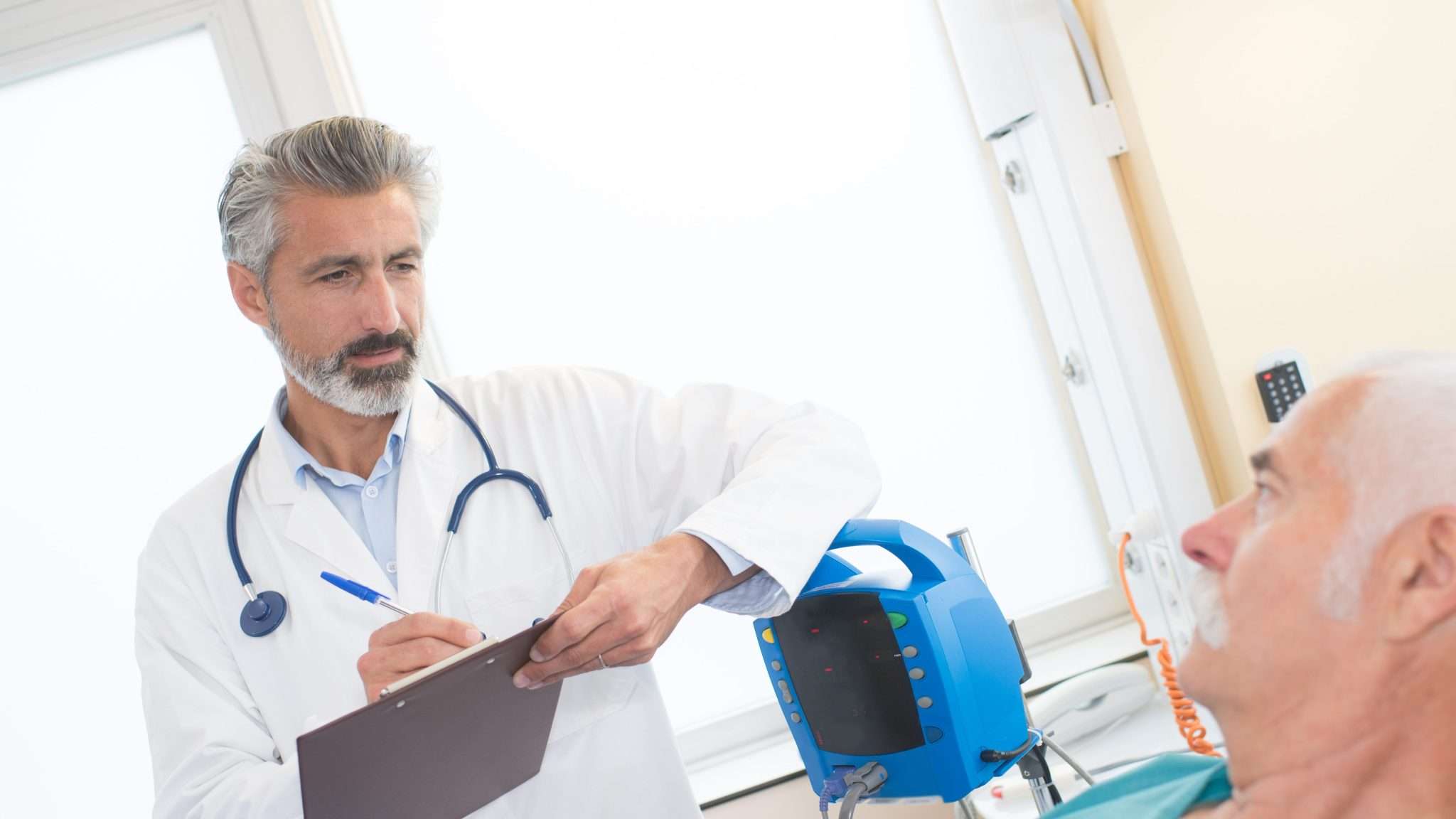Table of Contents

Download Our Brochure
Bacterial infections are a common complaint among UK adults and children all year round. From throat and urinary tract infections to dental abscesses, infections cause discomfort, spread within the body, and are often contagious. Unlike viruses, bacterial infections don’t go away on their own. They need targeted treatment in the form of antibiotics, which ease discomfort and halt the spread of infection. Amoxicillin is one of the most commonly prescribed antibiotics due to being safe for everybody, including children and pregnant women. Being so widely prescribed, it’s not surprising that many questions whether mixing amoxicillin and alcohol is safe. This article provides the answers. It examines how alcohol affects amoxicillin and whether it is safe to mix the two.
What Is Amoxicillin and Can You Drink Alcohol On Amoxicillin?
Amoxicillin is a prescription-only antibiotic used to treat a variety of bacterial infections. As an amino-penicillin, it has an extra amino group added to fight against antibiotic resistance and treat a wider range of bacterial infections. Despite its potency, amoxicillin is considered one of the most effective but safe antibiotics.

What Is Amoxicillin Used to Treat?
Available in tablet form and oral suspension, amoxicillin is commonly prescribed for a variety of bacterial infections:
- Mild skin infections
- Mild to moderate upper respiratory tract infections (ear, throat, sinus, pneumonia)
- Urinary tract infections (UTIs)
- Ulcers
- Dental infections
The duration of treatment will vary depending on the individual and the infection.
Free Confidential Addiction Assessment
Taking the first step towards seeking help can be very difficult, our team is here to help you.
Despite its safety track record, 1 in 10 people experience mild side effects after taking amoxicillin. Common mild to moderate side effects include:
- Nausea
- Diarrhoea
- Headache
- Abdominal pain
- Skin rash
- Yeast infection
Although rare, more severe side effects can occur:
- Blistering skin
- Dizziness
- Trouble sleeping
- Bleeding or bruising
- Yellowing of skin or eyes
- Seizures
- Heart palpitations
- Breathing difficulties
- Moderate to severe allergic reactions – itching or swelling
As with most medications, it’s worth noting that amoxicillin may not mix well with other medications or alcohol and may exacerbate existing health issues. For this reason, only a medical practitioner can prescribe it.
How Does Alcohol Affect Amoxicillin?
Drinking alcohol while taking amoxicillin can worsen symptoms, magnify side effects and delay healing. And due to a variety of factors, the effects can be unpredictable, making it crucial to understand how amoxicillin and alcohol interact.

On a Cellular Level
Research shows that amoxicillin is more slowly absorbed when mixed with alcohol during treatment. There has been little research into why this is the case, but one study suggests that drinking alcohol delays stomach contents from entering the small intestine. In addition, amoxicillin has a lower solubility in alcohol. Both factors may contribute to amoxicillin taking longer to process after drinking. A slow absorption rate may allow the infection to progress before the effects kick in. However, it doesn’t reduce efficacy.
Side Effects of Amoxicillin
The side effects of drinking alcohol and taking amoxicillin are similar. Taking both together can intensify their common side effects and result in more severe issues. We will discuss these in more depth later.
Can You Drink Alcohol While Taking Amoxicillin? Is it Safe?
Many sources say mild to moderate alcohol consumption while taking amoxicillin is safe. However, mixing alcohol with most medications, including antibiotics, can cause problems. Those prescribing amoxicillin and other antibiotics will often strongly advise against mixing the two. The reason for this varies – people often don’t disclose how much alcohol they genuinely drink, alcohol affects each person differently, and medication affects individuals differently. Ultimately, the side effects of drinking alcohol and taking amoxicillin are unpredictable and vary from person to person.
Exacerbated Side Effects
In many cases, the effects of drinking alcohol while taking amoxicillin is mild – nausea, vomiting, diarrhoea, or drowsiness. At the extreme end of the spectrum, combining the two drugs can result in severe diarrhoea, severe allergic reactions, internal bleeding, heart problems, and long-term or permanent damage to internal organs.
Many of the side effects caused by amoxicillin mirror those of alcohol. The most common are flushing, dizziness, and nausea. Although relatively mild symptoms, it’s a recipe for disaster when you throw alcohol into the mix. Unpredictable levels of intoxication and impairment are dangerous, especially if accompanied by dizziness and nausea. Both alcohol and amoxicillin also cause dehydration. Not only is this dangerous in itself, but it can affect the body’s ability to heal during and after infection. Plus, being under the influence may cause you to miss a dose, which can mean restarting or extending the treatment duration.

Long-Term Effects
Slower absorption due to alcohol could be the difference between a quick recovery and a cascade of issues. Chronic or untreated infection can cause misery, discomfort, a lack of energy, and lower productivity. In addition, systemic inflammation, organ damage, and new complications can lead to long-term problems. Even moderate alcohol consumption can tax the liver and kidneys.
There’s also the matter of existing health issues being exacerbated by overloading the body with alcohol and amoxicillin. Remember that most medications will stress the liver, especially one compromised due to alcohol use.
Gastrointestinal Issues and a Compromised Immune System
It’s widely documented that a healthy gut is essential for whole-body health. It aids digestion and has wide-ranging positive effects on heart health, cognition, mental health, and the immune system.
Alcohol consumption is proven to disrupt the gastrointestinal tract. It weakens the gut walls, leading to permeability and leaky gut syndrome. This, in turn, can cause the release of unwanted particles into the system circulation. The consequences of this can include a ramped-up immune response, causing inflammation and disease throughout the body. Alcohol also reduces gut-friendly bacteria. The resulting imbalance within the microbiome further weakens the immune system and its ability to help the body deal with the infection. If that wasn’t bad enough, a weakened immune system could make you more susceptible to infection in the first place.
Antibiotics rely on support from a healthy immune system in dealing with infection. Ingesting alcohol during treatment can, therefore, prolong the healing process. It’s worth mentioning that antibiotics can also kill off friendly gut bacteria. Another good reason to hold off on the alcohol until fully recovered.
How Long After Taking Amoxicillin Can You Drink Alcohol?
After taking a course of amoxicillin, it’s important to let the body heal from the side effects of treatment and the infection itself. Even mild digestive issues can often take time to resolve fully. One knock-on effect of both the treatment and digestive issues is dehydration, which can make recovery take longer than is necessary.
Drinking alcohol too soon will worsen dehydration and delay progress. It’s best to wait at least 72 hours after finishing a course of amoxicillin before drinking alcohol. Doing so will give your body time to recover from the infection and the effects of amoxicillin.
What to Do if You Mix Alcohol and Amoxicillin
It’s safer to avoid alcohol altogether while taking amoxicillin. Even moderate drinking still has the potential to cause nasty side effects. If you have consumed alcohol while using amoxicillin, it’s best to stop drinking and focus on rehydration. As previously discussed, both alcohol and amoxicillin cause dehydration, and both together will compound the issue and any mild side effects. Remember that amoxicillin can cause severe side effects in some people, and alcohol can exacerbate the problem.
Keep track of any side effects that you’re experiencing. Contact a medical practitioner if you become concerned or experience any of the following:
- Rashes or itching
- Wheezing or breathing difficulties
- Severe diarrhoea or bloody stools
- Swelling of the face or throat.

For heavy drinkers or those dependent on alcohol, seek medical advice immediately if you experience any worrying symptoms. Stopping drinking suddenly can cause dangerous withdrawal symptoms and should be done under medical supervision.


